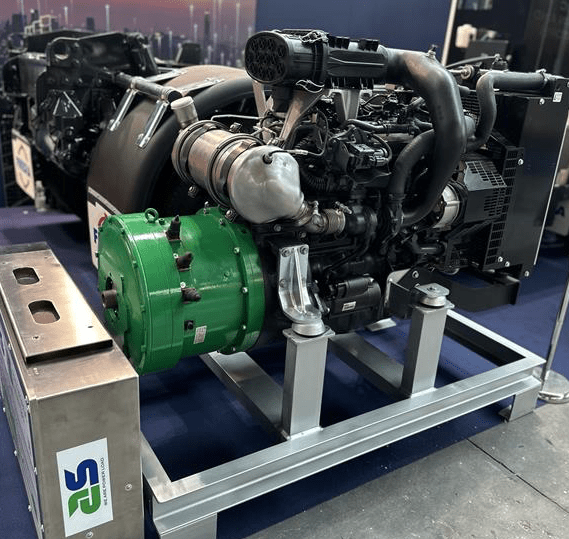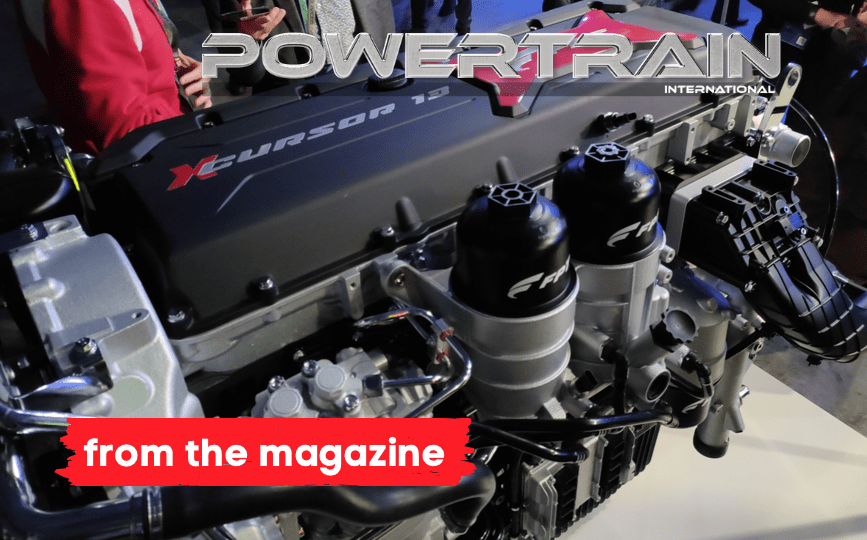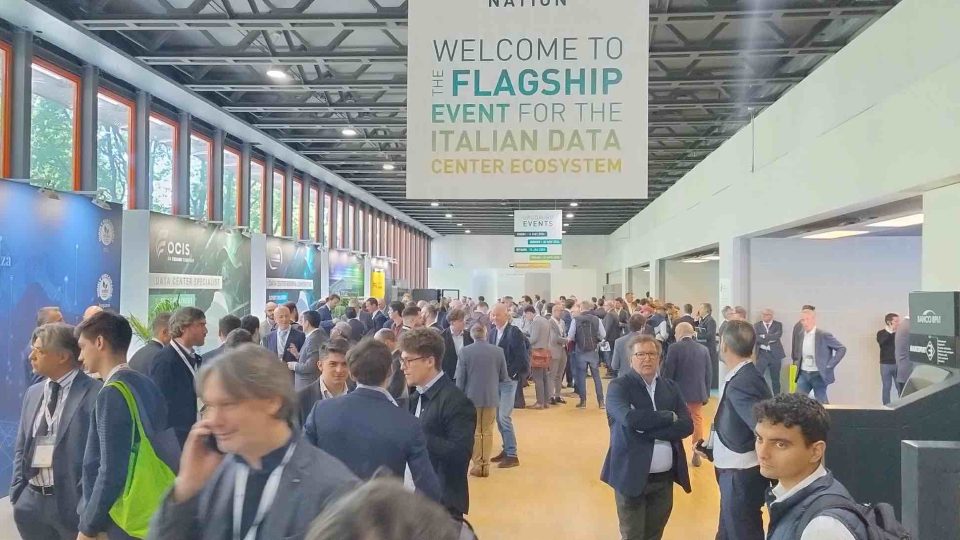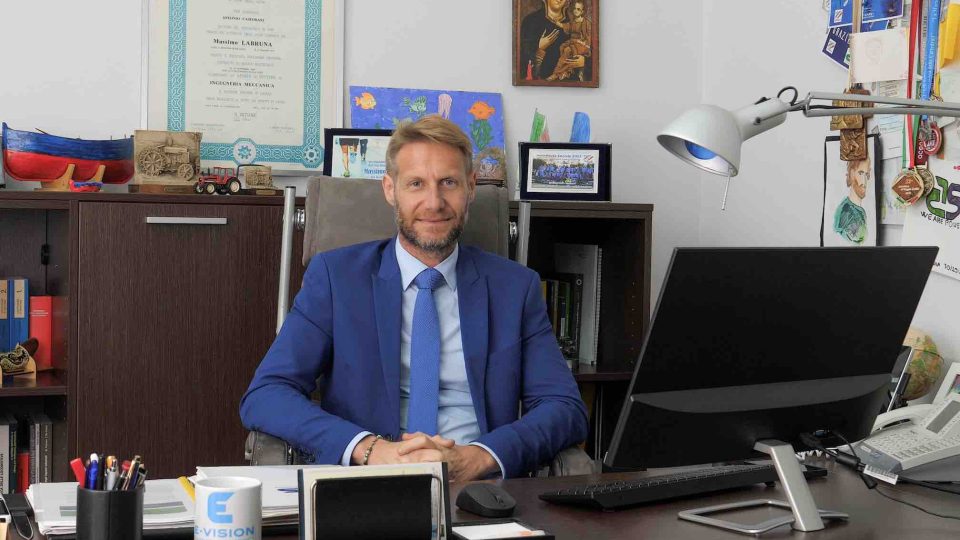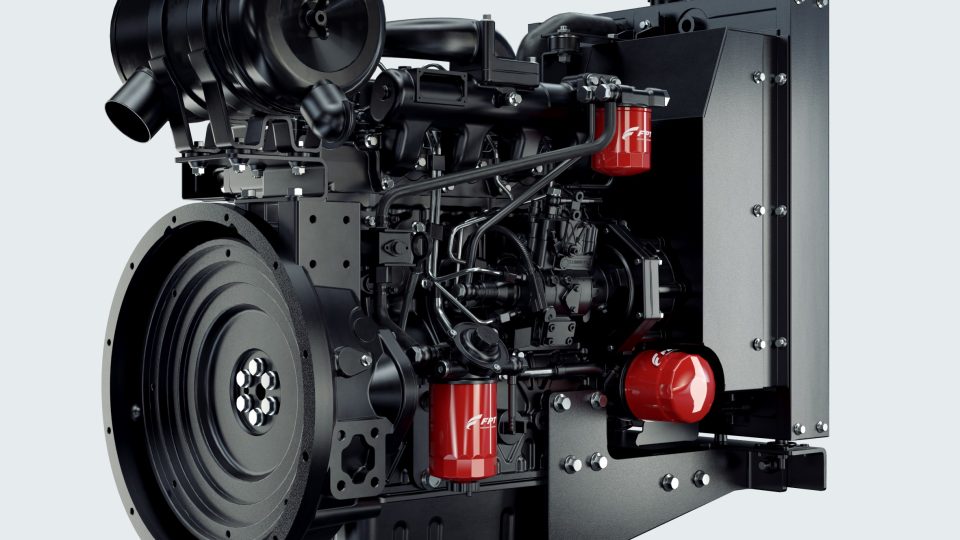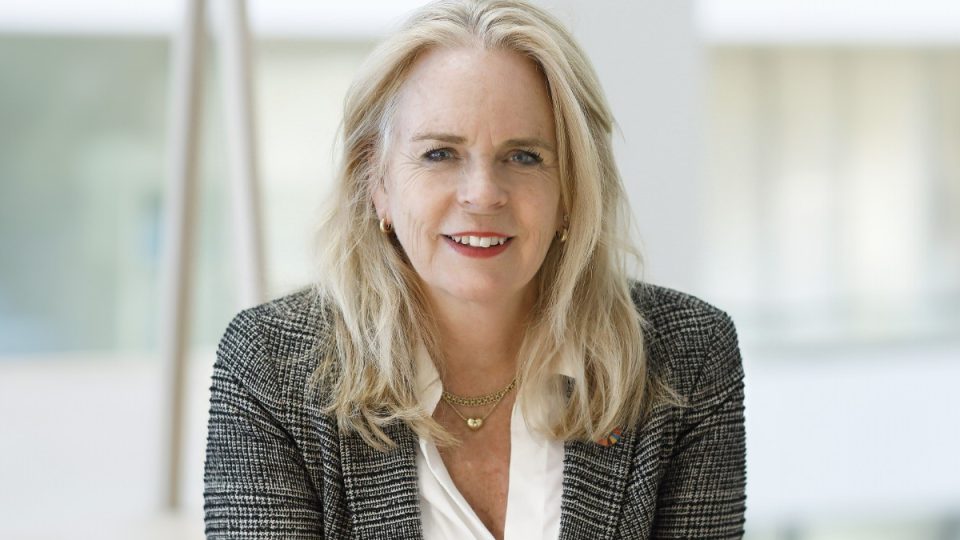Wärtsilä storage
Wärtsilä will supply its advanced energy storage technology for two major projects in southern Texas, USA and will carry out the conversion of a Taiwanese power plant from its current reliance on heavy fuel oil (HFO) to operate on natural gas.
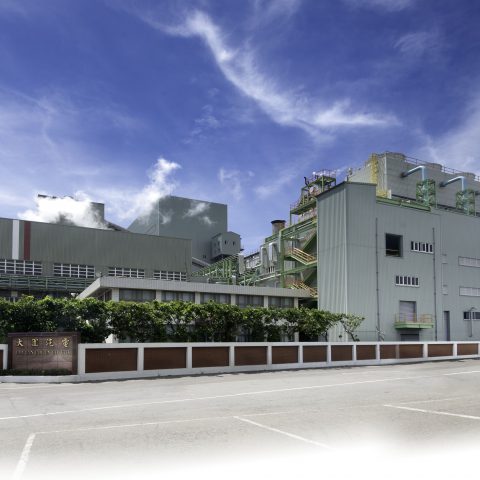
Wärtsilä and storage are two words that come to mind when thinking of Wärtsilä. This is a must-have combination for those considering large-scale cogeneration. Here are two examples, one from Texas and the other from Taiwan.
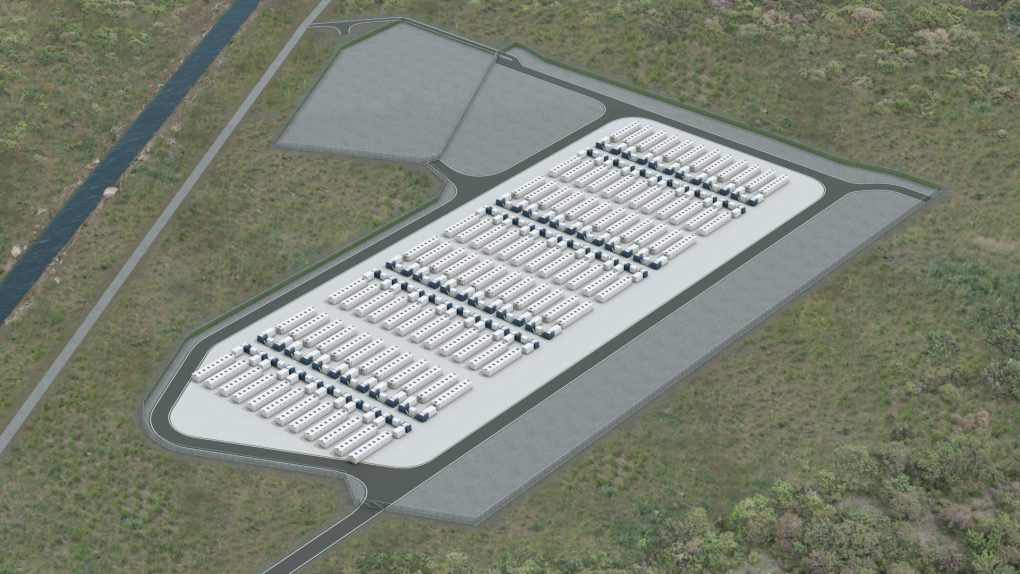
Wärtsilä and storage. A story from Texas
“Wärtsilä will supply its advanced energy storage technology for two major projects in southern Texas, USA. The interconnected stand-alone systems will have a combined rated capacity of 200 MW. Wärtsilä has also signed ten-year guaranteed asset performance agreements for the installations. The order was placed by Able Grid Energy Solutions, Inc. (“Able Grid”), a utility-scale energy storage project development arm of MAP RE/ES, one of North America’s leading investors in modern energy projects. The order was booked by Wärtsilä in February 2021.
The Madero and Ignacio energy storage plants will deliver valuable grid support to the Electric Reliability Council of Texas (ERCOT), the body responsible for managing the electric supply to more than 25 million customers. Wärtsilä will supply its next-generation, fully integrated GridSolv Quantum energy storage solution. The modular solution is designed for ease of deployment and sustainable energy optimisation. The energy storage systems will also feature Wärtsilä’s GEMS smart energy management platform to monitor and control the flow of energy, enabling these projects to provide grid support for critical periods during extreme weather or grid instability conditions, such as those that Texas has recently experienced. The projects’ ten-year Wärtsilä Guaranteed asset performance agreements will enable flexibility in system maintenance and operation in order to maximise revenue in the ERCOT market. The agreements include maintenance services, an availability guarantee, and a flexible capacity guarantee based on usage. The systems are expected to become fully operational starting in January 2022.”
And in Taiwan
“Wärtsilä will carry out the conversion of a Taiwanese power plant from its current reliance on heavy fuel oil (HFO) to operate on natural gas. The project is being carried under a full engineering, procurement, and construction contract issued by the plant owner Ta-Yuan Cogen, a developer of cogeneration plants. The order with Wärtsilä was placed in February 2021. The cogeneration plant, located in Taoyuan City, Taiwan, was originally equipped in 1998 with three Wärtsilä 46 engines. As part of the conversion project, these will be changed to three Wärtsilä 50DF dual-fuel engines providing a power output of 32 MW. The electricity produced will be delivered both to the grid and to local industrial consumers, while the generated heat will be supplied to industries in the vicinity of the plant. The conversion will improve the efficiency of the plant, provide the needed flexibility to allow participation in the ancillary service market, notably improve environmental sustainability by reducing emissions, and support grid balancing as energy from renewable sources, such as wind and solar, is added.
The grid balancing solutions provided by Wärtsilä’s engine technology are helping the energy industry along the path towards a 100 percent renewable energy future, which will be a major contribution in combating climate change. The company is heavily investing in the development of alternative carbon-neutral fuels, and its engines are already largely able to accept such fuels when they become commercially available, making them future-proof. The project is scheduled to commence in autumn 2021 and is expected to be fully completed in early 2022. The conversion of power plants to gas fuel operation is increasing globally as the natural gas supply infrastructure continues to expand. Wärtsilä has extensive experience in carrying out gas conversions, resulting in increased efficiency, higher power output capacity, and lower levels of exhaust emissions, all of which serve to lower the overall plant operational costs.

